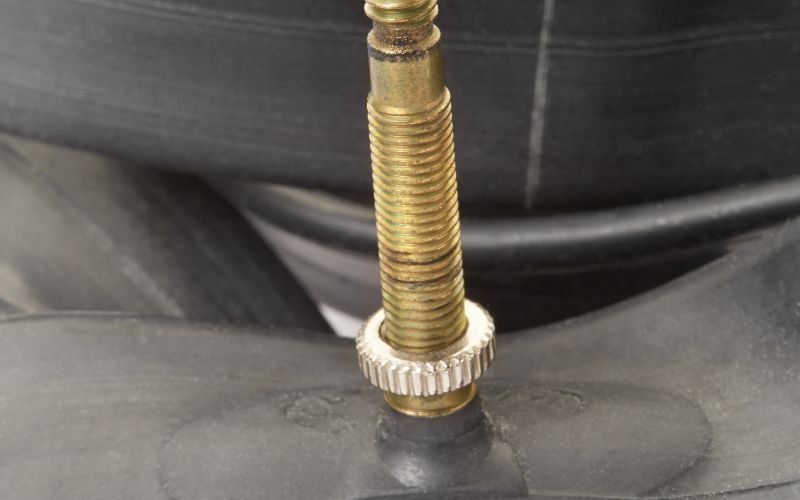Which Ball Check Valve is right for you?
When it comes to fluid management systems, ball check valves play a crucial role in controlling the flow of fluid and preventing reverse flow. With various types of ball check valves available in the market, it can be challenging to choose the right one for your application.
In this blog, we will explore different types of ball check valves, focusing on pneumatic actuated ball valves, PEX ball valves, and 3/4 ball valve PEX. We’ll provide an overview of each, along with tips for selecting the best one for your needs.
What is a Ball Valve?
A ball valve contains a floating ball, uses a hollow, perforated (contains holes in it), and pivoting ball to manage the fluid flow in a system. The purpose of a ball valve is to start, stop, or regulate the flow of fluid in a pipeline or system. When the valve is open, the ball’s hole aligns with the pipeline, allowing fluid to flow through. When the valve is closed, the ball rotates 90 degrees, and the hole is perpendicular to the flow, stopping fluid passage.
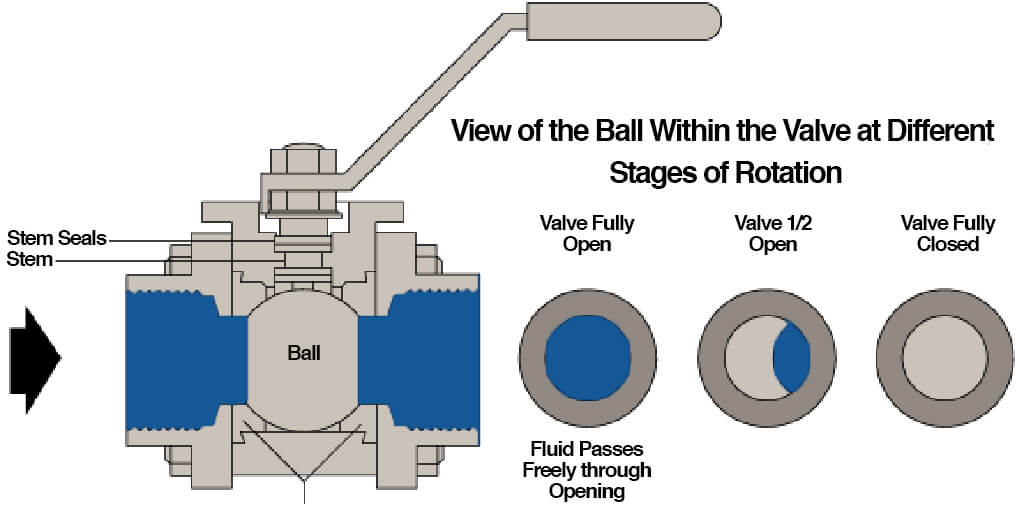
Ball valves are commonly used in various industries due to their durability, reliability, and ability to handle high pressure and temperature. They are suitable for applications involving gases, liquids, and even some solids.
What is a Ball Check Valve?
A ball check valve is a type of check valve that uses a ball to prevent the reverse flow of fluid in a system. The purpose of a ball check valve is to allow fluid to flow while preventing backflow and water hammering.
The ball rests on a seat within the valve and, under normal flow conditions, is lifted by the fluid pressure, allowing fluid to pass through. When the fluid flow stops or reverses, the ball falls back onto the seat, creating a seal that prevents the fluid from flowing back into the system.
Ball check valves are used in various applications, including pumps, compressors, and fluid systems where backflow and water hammering prevention is essential for system safety and performance.
Which ball valve is more durable: Stainless steel or brass?
Choosing a stainless steel ball valve
Among various types of valves, those made from stainless steel are often considered the most durable. Stainless steel ball valves provide excellent corrosion resistance, high tensile strength, and can withstand high pressure and temperature conditions.
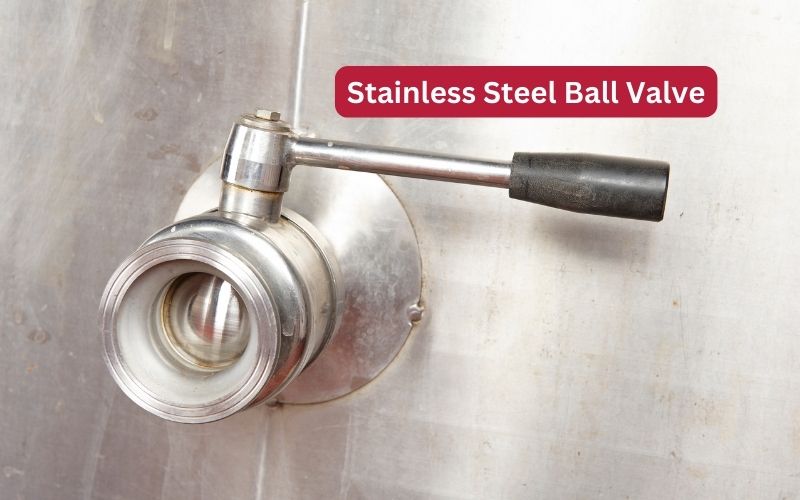
These properties make them ideal for use in demanding applications, such as in the oil and gas, chemical, and petrochemical industries. Additionally, stainless steel ball valves often incorporate full port designs, which minimize flow restrictions and wear.
Although more expensive than other materials, such as brass or PVC, stainless steel ball valves offer long-lasting performance and reduced maintenance. Eventually making them a cheaper choice for heavy-duty applications where durability and reliability are essential.
Choosing a brass ball valve
Brass ball valves are an excellent choice for various applications due to their versatility, cost-effectiveness, and reliable performance. They are particularly suitable for use in water supply systems, heating and cooling systems, and gas distribution networks.
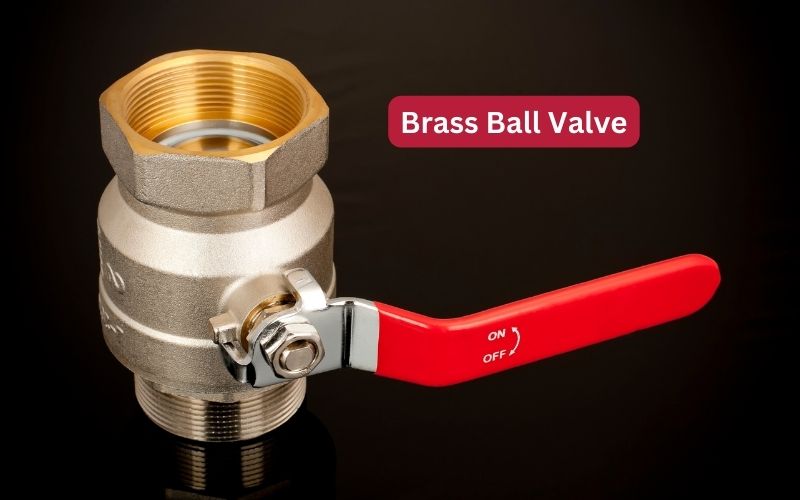
Brass ball valves offer good corrosion resistance, especially against water, and possess decent mechanical strength, making them ideal for moderate pressure and temperature conditions. Furthermore, they are easy to install and maintain, which adds to their appeal for residential, commercial, and light industrial applications.
While they may not be as durable as stainless steel ball valves in high-pressure or corrosive environments, brass ball valves provide a reliable and affordable option for many everyday applications where durability and cost-efficiency are key considerations.
Pneumatic Actuated Ball Valves:
A pneumatic actuated ball valve uses air pressure to control the opening and closing of the valve. They are popular in industries where quick response time and precise flow control are required, such as in the chemical, pharmaceutical, and food processing industries.
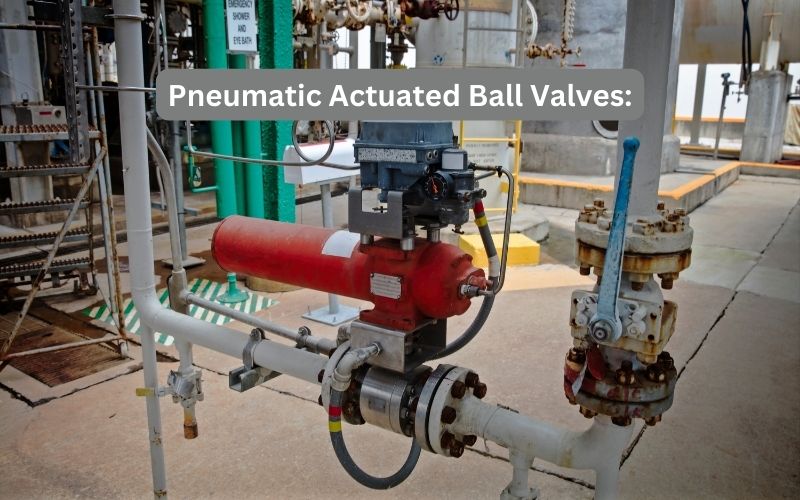
Pros:
- Fast response times
- Minimal maintenance
- Suitable for various applications and industries
- Accurately controlled flow
Cons:
- An air compressor is need for its operation
- Not suitable for applications where air supply is not available
When to choose a pneumatic actuated ball valve:
Consider using a pneumatic actuated ball valve when you need a fast-acting valve with accurate flow control and are able to supply air pressure to the valve.
PEX Ball Valves:
PEX ball valves are designed specifically for use in PEX (cross-linked polyethylene) piping systems. They offer a simple, reliable, and pocket friendly solution for controlling fluid flow in residential and commercial plumbing applications.
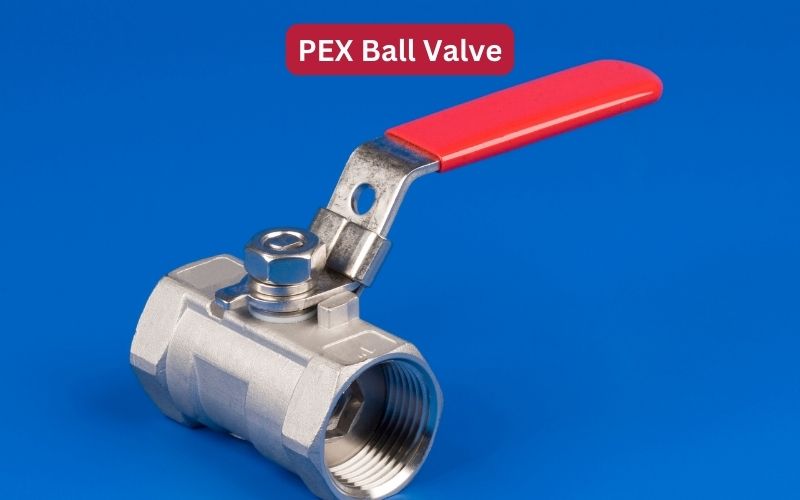
Pros:
- Easy to install
- Corrosion-resistant
- Budget-friendly
Cons:
- Limited to PEX piping systems
- Not suitable for high-pressure or high-temperature applications
When to choose a PEX ball valve:
PEX ball valves are ideal for plumbing applications where PEX piping is used, such as in residential or commercial buildings.
3/4 Ball Valve PEX:
A 3/4 ball valve PEX is a specific size, designed to fit 3/4 inch PEX tubing. These valves are popular for use in medium-sized residential and commercial plumbing systems, providing reliable flow control and preventing backflow.
Pros:
- Perfect fit for 3/4 inch PEX tubing
- Easy to install and maintain
- Corrosion-resistant
Cons:
- Limited to 3/4 inch PEX systems
- Not suitable for high-pressure or high-temperature applications
When to choose a 3/4 ball valve PEX:
If you have a 3/4 inch PEX plumbing system, this valve is an excellent choice for ensuring smooth flow control and preventing backflow issues.
Conclusion:
When selecting a ball check valve, it’s essential to consider the specific requirements of your application. Pneumatic actuated ball valves offer fast response times and accurate flow control, making them suitable for various industries.
PEX ball valve, or 3/4 sized system is ideal for PEX plumbing systems, with the latter being specifically designed for 3/4 inch tubing. By understanding the features and benefits of each type of valve, you can make an informed decision and choose the right ball check valve for your needs.

